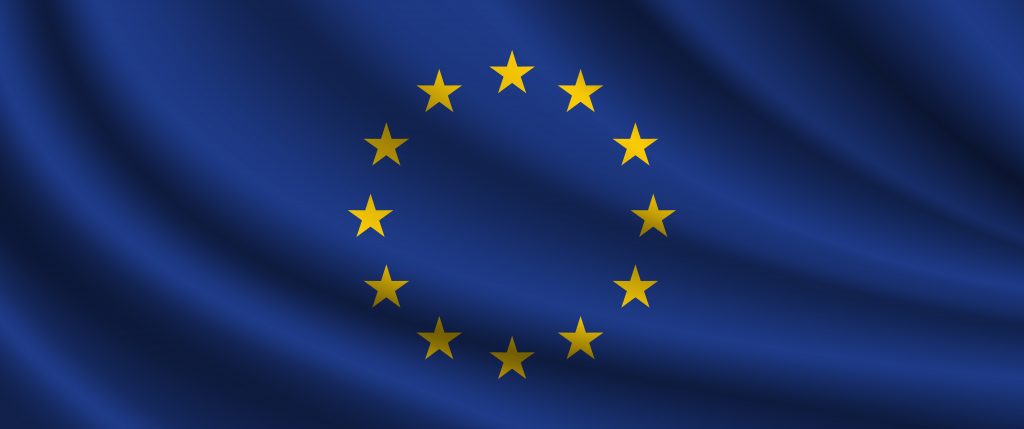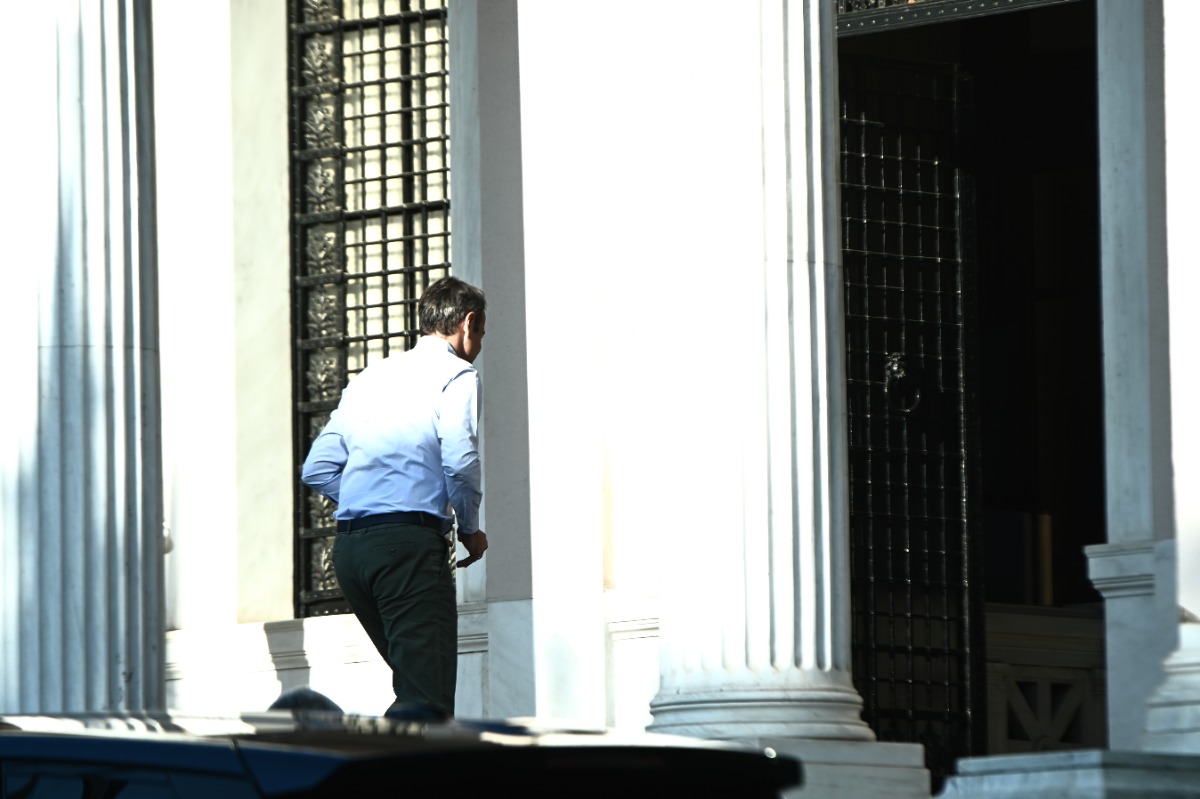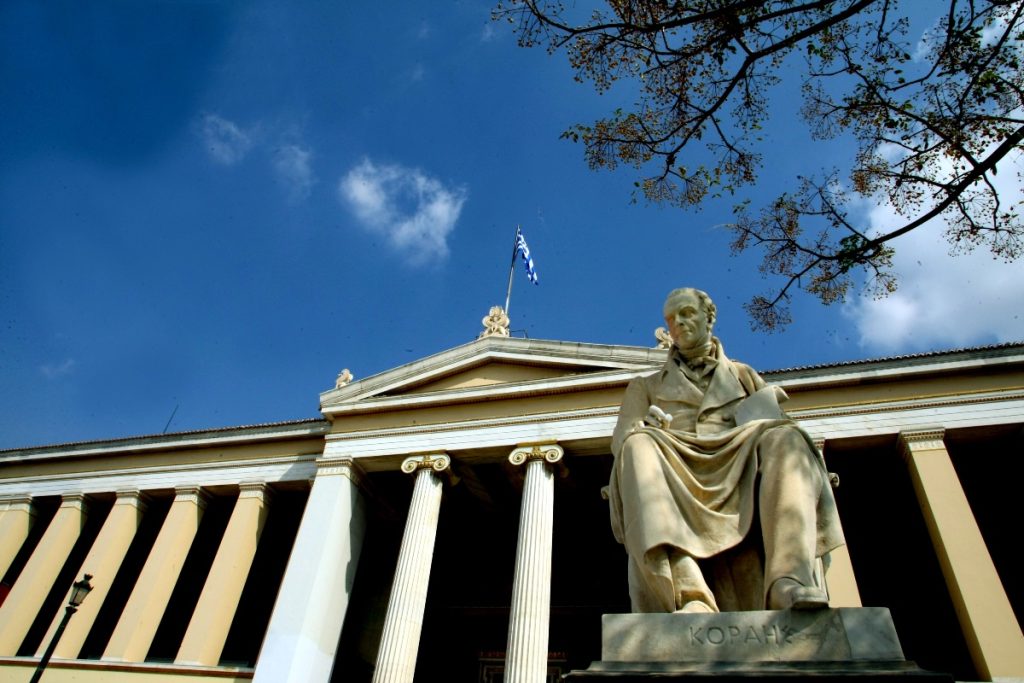The Greek government is on high alert as tensions rise in the Middle East, closely monitoring Israel’s response to Iran’s weekend missile attacks. Growing concerns emerge over potential repercussions for Greece amidst further escalation.
The Greek stance was expressed through the announcement following the meeting of the National Security Council (KYSEA) held on Sunday and the post by Prime Minister Kyriakos Mitsotakis, which clearly expressed support for Israel, while urging both warring parties to exercise restraint and avoid an uncontrollable conflict.
As the world awaits Israel’s response to Iran’s attack, the Greek government’s growing concern, particularly regarding the economy, becomes increasingly apparent.
The fluctuating oil prices present a critical concern, with potential far-reaching consequences.
Additionally, there’s growing worry about the impact on tourism should the conflict escalate and spread, as it is anticipated to be significantly affected if the region descends into a war zone.
The Greek government is also closely monitoring the broader diplomatic and geopolitical dynamics in the region. Especially if Iran enters into direct conflict with Israel and its allies, or gains nuclear capabilities in the near future, the primary concern is how this will alter the regional balance of power.
Additionally, Turkey’s pivotal role gains significance as it seeks to solidify its position as a regional powerhouse. Consequently, the anticipated meeting between Kyriakos Mitsotakis and Turkish President Recep Tayyip Erdoğan in early May carries added weight, extending beyond bilateral matters.




